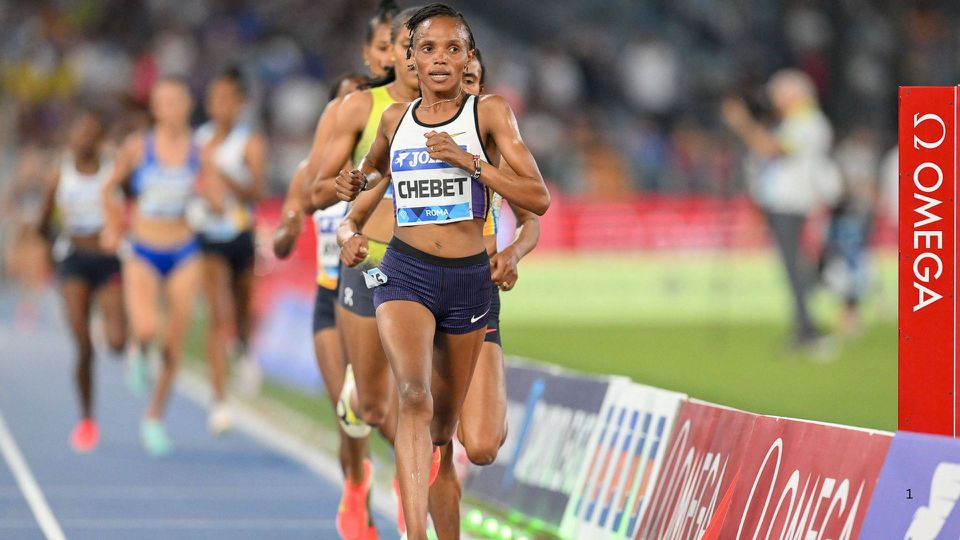Kenya’s women’s 10,000m final at the World Athletics Championships Trials promises a blockbuster clash on Tuesday, 22 July 2025, at the Ulinzi Sports Complex in Lang’ata, Nairobi. With only two automatic places available on the national team for the Tokyo World Championships (13–21 September), the stakes could not be higher and the depth of talent is extraordinary.
Beatrice Chebet headlines the field in career-defining form. Earlier this month she stunned the sport at the Prefontaine Classic, lowering the women’s 5,000m world record to 13:58.06. She already owns the 10,000m world record at 28:54.14, the first performance by a woman under 29 minutes for the distance, achieved last year in Eugene. Chebet has made no secret of targeting a 5,000m/10,000m double in Tokyo, but first must secure selection by finishing in the top two.
Agnes Jebet Ngetich leads the resistance. Best known for demolishing the women’s 10km road record with a 28:46 run in Valencia last season, she is intent on translating that road brilliance to the track. Ngetich’s 14:01.29 runner-up finish behind Chebet at Prefontaine made her the third-fastest woman in 5,000m history and signalled that she, too, is thinking about a long-distance double. Training has gone superbly in camp, and she relishes the chance to test herself against Chebet again.
The supporting cast could easily steal the script. Lilian Kasait (29:26.84), Africa Games champion Janeth Chepng’etich (30:04.94) and recent Kaptagat Half Marathon winner Catherine Reline (30:07.42) all bring credentials strong enough to disrupt the expected duel. Each knows that on a good day, a well-judged pace and Nairobi’s fervent crowd could tilt the race.
Selection is straightforward: the first two finishers earn automatic berths for Tokyo; a panel will consider the third spot. History shows that making Kenya’s team can be as hard as medalling globally; past champions have emerged from similarly unforgiving domestic trials. Expect aggressive early pacing from athletes eager to avoid tactical traffic, but also watch for altitude-adjusted patience and a decisive long drive from five laps out.
Kenya’s distance-running pedigree means each place matters: depth behind the headliners could shape training groups and pacing strategies for Tokyo’s humid conditions. If evening temperatures ease in Nairobi, Ulinzi’s surface can yield swift times; yet with selection paramount, halfway splits will tell the story. Chase the clock or mark rivals and kick? We’ll see it Tuesday night.

